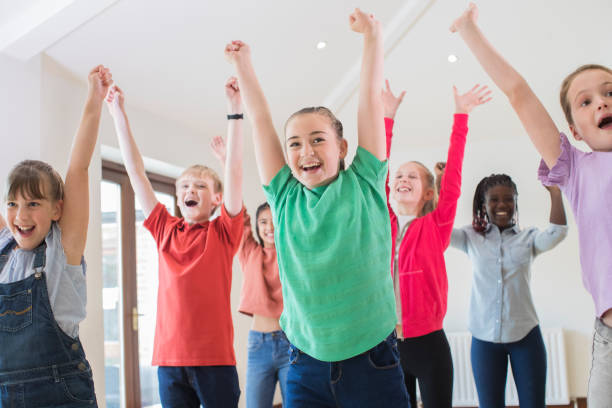
A downside to the advent of digitalisation and technology is that children and adolescents spend most of their time in a sitting position, on average 10.6 hours a day, predominantly during school time (Huber & Köppel, 2017). Consequently, students are likely to be stressed, restless and inattentive, which poses a great challenge to educators. The large-scale concept ”moving schools” (Bewegte Schule) or language teaching methods such as ”Total Physical Response” seek to incorporate physical activity into the classroom. As research shows, adding even small amounts of movement in the lesson has positive effects on learning, by boosting cognitive performance, increasing student engagement, and aiding retention– to name but a few of its benefits reaching way beyond primary school level.
The aim of our seminar is to enable participants to incorporate recent insights and methods into everyday teaching. We will explore the multifaceted field of learning through and with movement, both in theory and practice. Drawing from neuroscience, improv theatre, and language methodology, we will try out and discuss a range of activities involving movement used to either facilitate or amplify learning.
Source: Huber, G. and M. Köppel. "Analyse der Sitzzeiten von Kindern und Jugendlichen zwischen 4 und 20 Jahren." German Journal of Sports Medicine (2017/ 68), pp.101-106.
- Dozent/in: Anni Müller